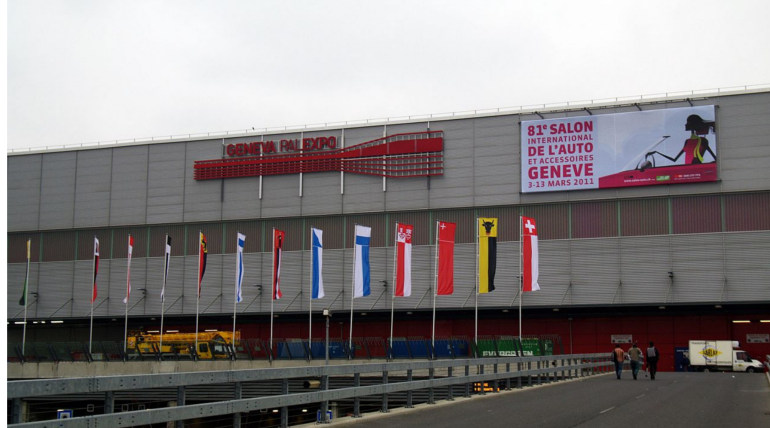ads
Basel Convention 2019 in Geneva Took Some Serious Initiatives on Hazardous Waste Disposals
Nisha Gowri (Author) Published Date : May 13, 2019 15:44 ISTWorld News
Very recently, the 14th convention of the Basel Convention was held in Geneva, Switzerland. It is for the control of Transboundary Movements of Hazardous Wastes and their Disposal. It was opened for signature on 22 March 1989 and came into force on 5 May 1992. This convention has 187 members. Haiti and the United States have signed the Convention but it is not ratified yet. It is an International treaty that was designed to reduce the movements of hazardous waste between nations and specifically to prevent the transfer of hazardous waste from developed to developing countries.
Unfortunately, it does not address the movement of radioactive waste. Basel convention aims to reduce the amount of toxicity of wastes generated. Through this, the convention ensures strict management and assists developing countries for environment management. The wastes cover toxicity, corrosively, ignitability, reactivity, and ecotoxicity. Other wastes such as Clinical wastes, Mining wastes, Industrial wastes, Agricultural wastes, End of live equipment and commodities, asbestos, PCB equip stockpiles, batteries, e–wastes, ships, etc.
Switzerland and Indonesia have launched a Country-led Initiative to discuss informally a way forward to ensure that the Transboundary movements of hazardous wastes, especially to developing countries and countries with economies in the transition, do not lead to unsound management of hazardous wastes. This discussion aims at identifying and finding solutions to the reasons why hazardous wastes are still brought to countries that are not able to treat them safely. It is hoped that the CLI will contribute to the realization of the objectives of the Ban Amendment. The Basel Convention's website informs about the progress of this initiative.
Basel Convention 2019 in Geneva Took Some Serious Initiatives on Hazardous Waste Disposals




